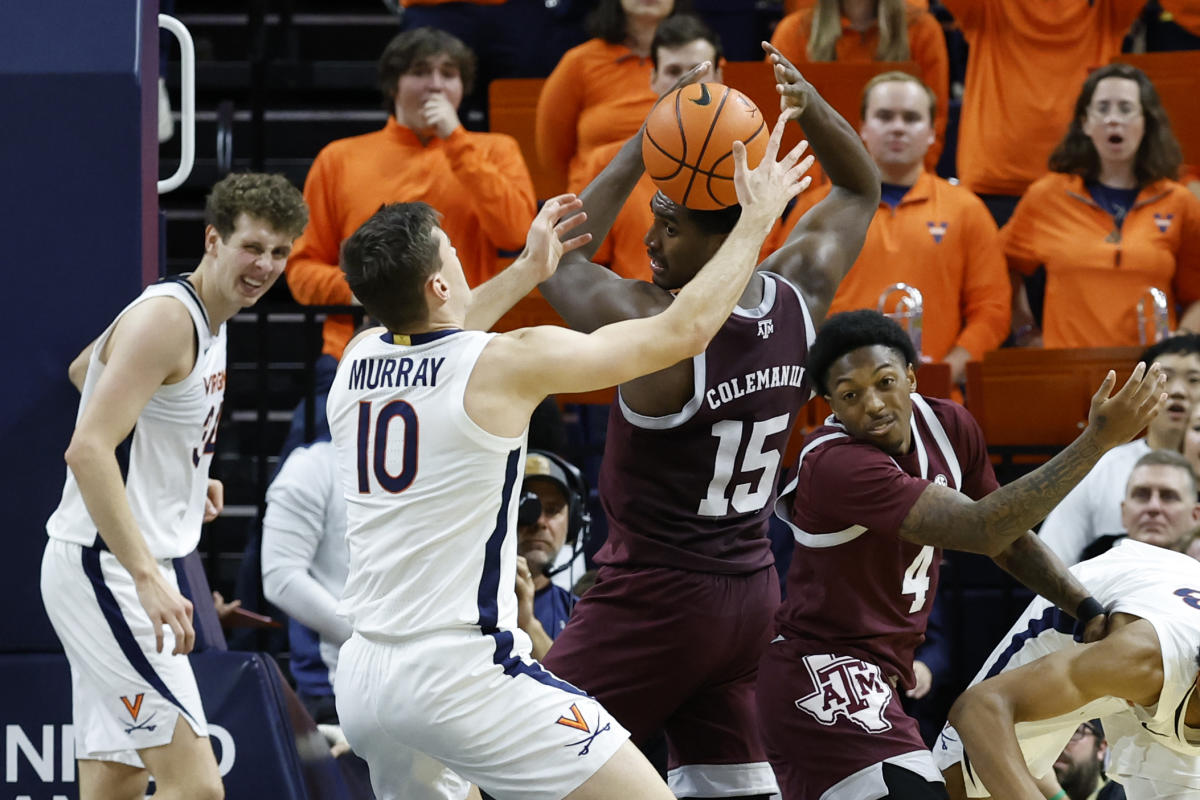Barcelona secured their second Women’s Champions League victory in three seasons last year (Getty Images)
Emma Hayes is the lone English club manager left in the Women’s Champions League, a challenging reality for Jonas Eidevall and Marc Skinner as the group stages begin. While Chelsea and Hayes strive for their first-ever European honor, Arsenal and Manchester United, last year’s semi-finalists, are already out. Even last season’s finalists, two-time champions Wolfsburg, have been eliminated. This has reignited criticism of the tournament’s format due to its stringent qualifying process.
Skinner expressed frustration over his team’s shortened run, insisting they “deserved” a longer opportunity. He argued that high caliber clubs such as Wolfsburg, Arsenal, Manchester United, and Juventus should be among the participating 16 teams.
However, he was criticized for suggesting that clubs winning domestic leagues did not deserve inclusion in the Champions League, an argument that could exclude clubs from smaller countries. It’s important to protect these opportunities for them, given they contribute to the competition’s diversity of countries represented.
With a presence in 11 different European countries, the Women’s Champions League offers a greater geographical breadth compared to the men’s competition. This serves as a selling point for the tournament, offering a more balanced representation across the continent compared to the men’s league, where a smaller group of teams largely dominate the competition.
Despite these concerns, stakeholders like streaming platform Dazn, which holds exclusive rights for the Women’s Champions League, would likely be affected by the premature exits of prominent clubs such as Wolfsburg, Arsenal, Manchester United, and Juventus.
Barcelona, the reigning champions, are anticipated to continue their dominance in the league. The Spanish team boasts talent in Ballon d’Or winner Aitana Bonmati and exciting prospect Salma Paralluelo. Meanwhile, for Chelsea, the Champions League has remained the elusive trophy as they aim for their historic win.
In conclusion, the Women’s Champions League generates a dynamic tournament environment with intriguing storylines, intense competition, and an evolving format that continues to foster diversity and inclusion across European women’s football.

Michael Johnson is your soccer guru, providing extensive coverage of soccer. With a global perspective, he delivers match reports, player interviews, and insights into the beautiful game, ensuring readers stay connected to the world of soccer.




:no_upscale()/cdn.vox-cdn.com/uploads/chorus_image/image/72931262/usa_today_21973134.0.jpg)


